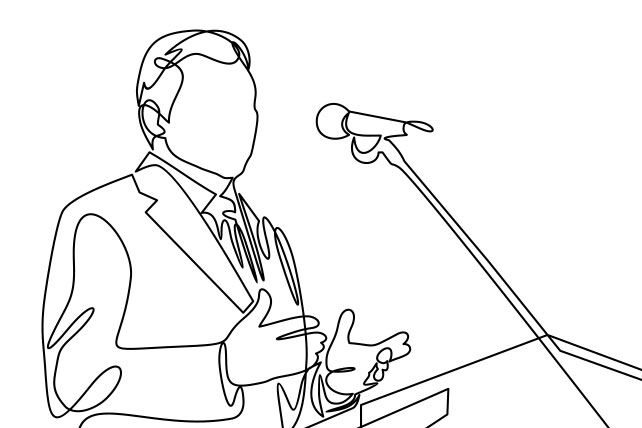Do people respect you more or less the closer they get to you? This is a question I’ve been pondering lately. We all have leaders we admire or respect from a distance. It could be a pastor, a business executive, a nonprofit leader, an author, etc. We’ve learned from their preaching, writing or speeches. We’ve seen the fruit of their ministry or business and admire their impact.
However, we’ve also heard of leaders who looked great from afar but led inner lives of turmoil. Maybe they got caught in an affair, made poor financial decisions, or their staff is exhausted from consistent stress and long hours. These leaders seem like they have it all together—if you don’t look too closely or get into their inner circle.
How does this happen? More importantly, how do we prevent it from happening to us as leaders?
How does this happen? Here are a few ideas:
#1. We live in a culture that reveres and desires celebrities.
We want to follow someone. Look at reality television or the gossip magazines at the checkout counter. We’ve built entire industries around seeking to know the intimate details of people we’ll never meet in-person. This attitude permeates the church with people putting more emphasis on the pastor than on God.
#2. We put unrealistic expectations on leaders—especially church leaders.
For some reason, we expect church staff to wake up each morning and immediately roll out of bed and into their prayer closet (maybe stopping for coffee beforehand). When we place such high expectations on leaders, they tend to hold people at a distance to maintain the illusion of spiritual perfection. “I can’t trust them to see the real me and not be disillusioned, so I’ll stay distant.”
#3. We don’t like to admit our mistakes or that we don’t have all the answers.
It’s humbling to say, “I was wrong and I’m sorry.” We want to have the respect of those who follow us, so we think that means we can’t own up to our mistakes or admit we don’t have a perfect answer (or even any answer).
What can we do to prevent this from happening to us?












